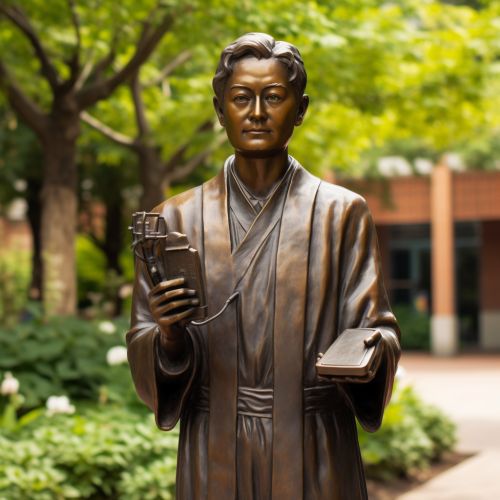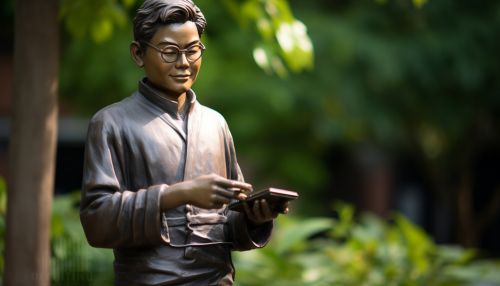Masaru Ibuka
Early Life
Masaru Ibuka was born on April 11, 1908, in Nikko City, Tochigi Prefecture, Japan. He was the only child of his parents and showed an early interest in electronics and engineering. He attended and graduated from the prestigious Waseda University, where he studied engineering.
Career
After graduating from university, Ibuka worked for a short period at Photo Chemical Laboratory, a film processing company. However, his passion for electronics led him to establish a radio repair business in 1936. This was the beginning of his entrepreneurial journey.


In 1946, Ibuka co-founded Tokyo Tsushin Kogyo K.K. (Tokyo Telecommunications Engineering Corporation), which later became known as Sony Corporation. He served as the company's first president and later as its chairman. Under Ibuka's leadership, Sony became a global leader in the electronics industry, known for its innovative products and cutting-edge technology.
Ibuka was instrumental in developing a number of groundbreaking products at Sony. He led the team that developed the first transistor radio, the TR-55, in 1955. This was followed by the world's first transistor television in 1959. Ibuka also played a key role in the development of the Walkman, a portable cassette player that revolutionized the way people listened to music.
Ibuka's leadership style was characterized by his commitment to innovation and quality. He believed in the importance of creating products that offered real value to the customer, and this philosophy became a cornerstone of Sony's corporate culture.
Personal Life
Ibuka was married to Yoshiko Ibuka and they had three children. He was known for his love of music and was an accomplished violinist. Ibuka was also a dedicated philanthropist, establishing the Sony Foundation for Education and the Sony Music Foundation.
Legacy
Ibuka's contributions to the electronics industry have had a lasting impact. His commitment to innovation and quality has shaped Sony's corporate culture and continues to guide the company's approach to product development. Ibuka's leadership has also influenced a generation of entrepreneurs and business leaders in Japan and around the world.


